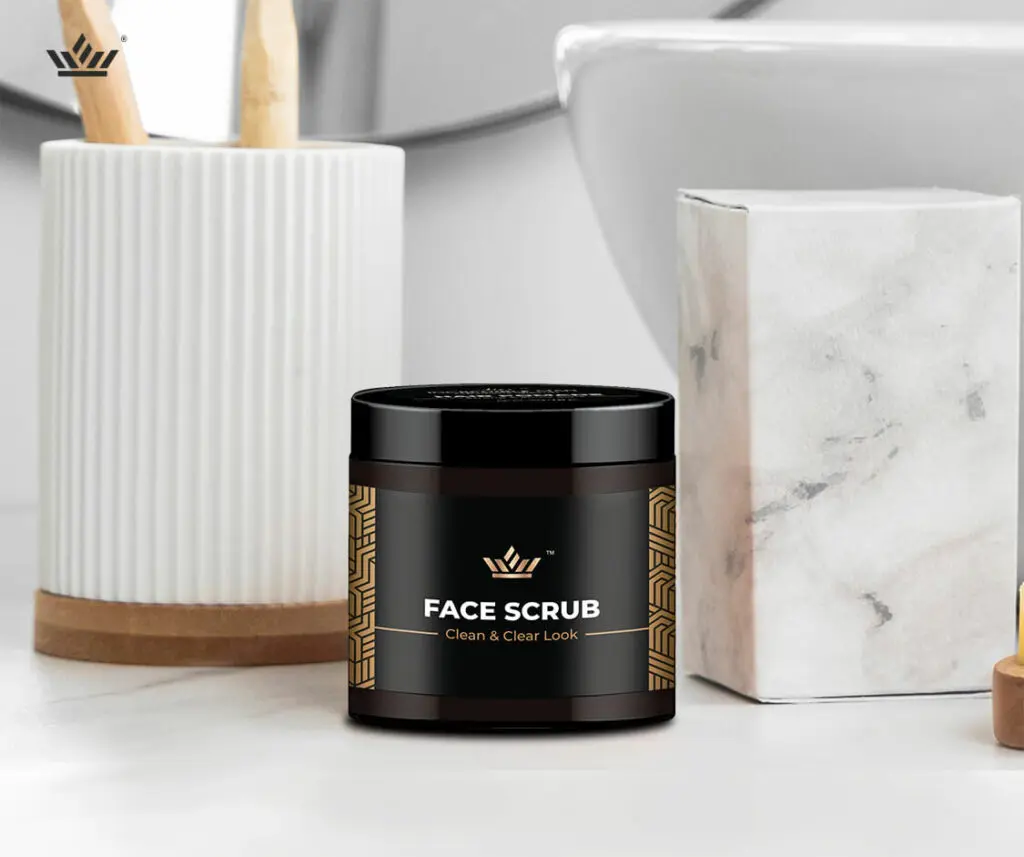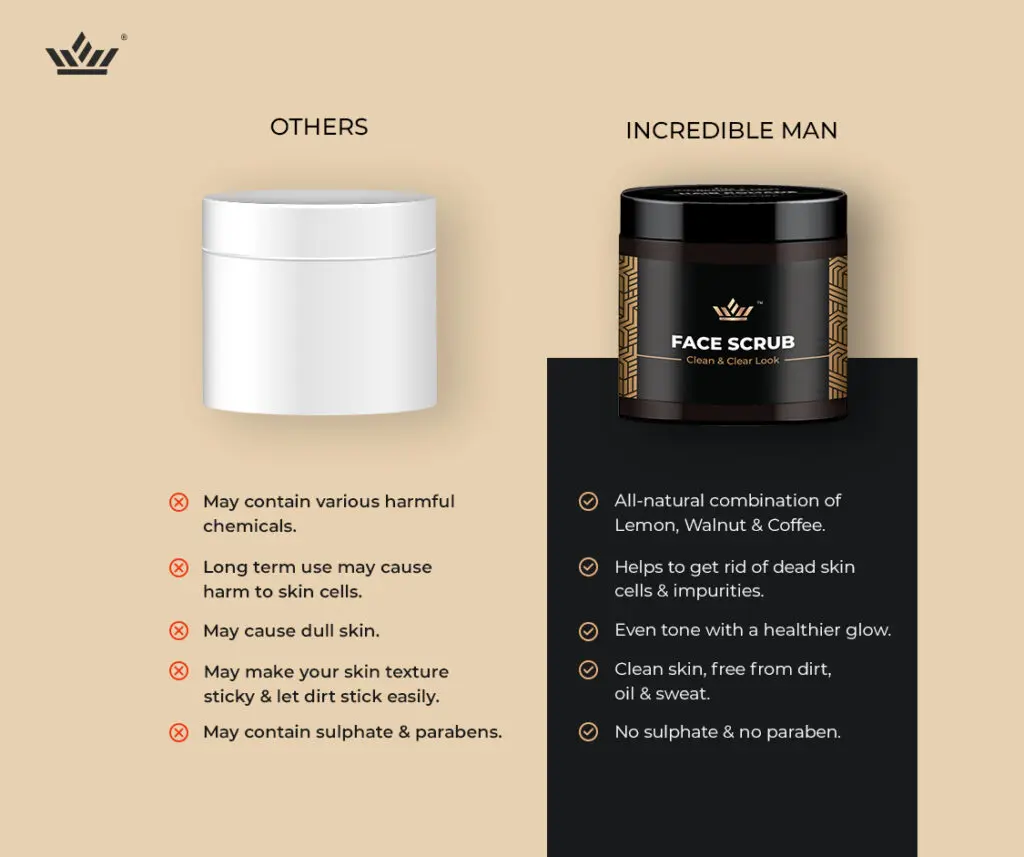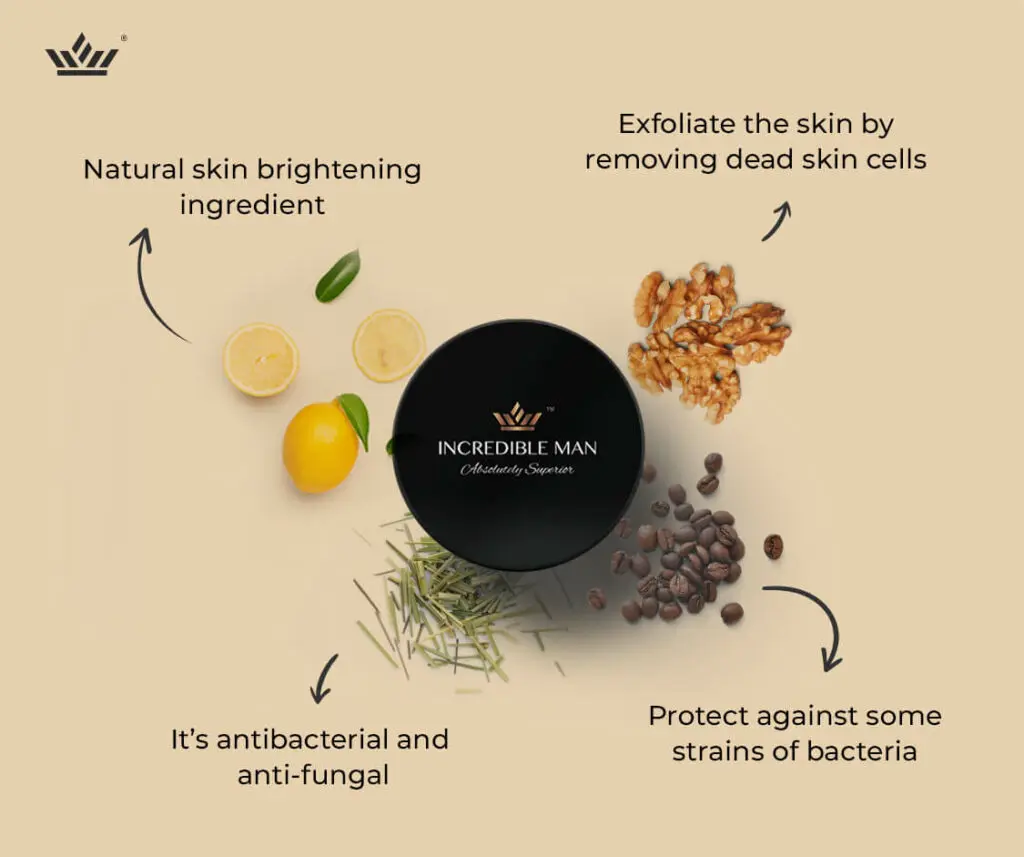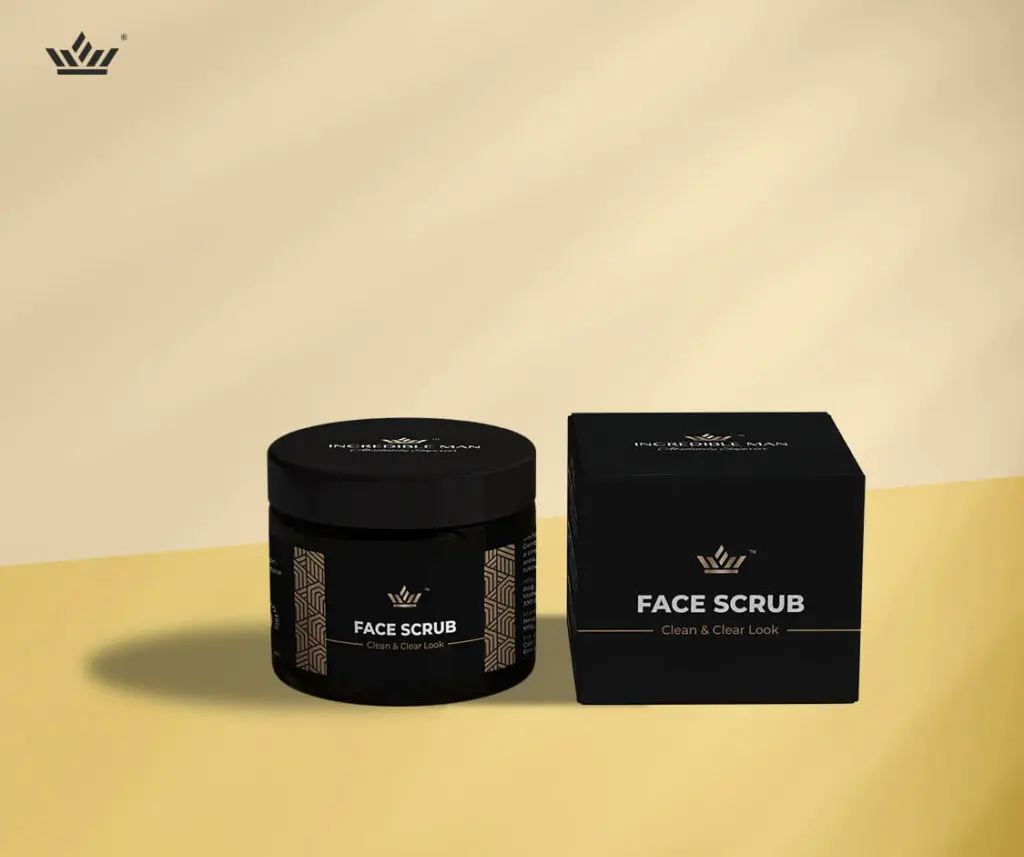Is your skin flaky and irritated this time of year? Is your natural brightness drained from your skin? If this describes your skin’s condition, it may be dehydrated. Here are the main symptoms of dry skin, as well as our recommendations for how to treat it.
What Is The Difference Between Dry & Dehydrated Skin?
Many of the signs and symptoms of dry and dehydrated skin are similar, but they are not the same.
Here’s an explanation of how these two skincare issues differ:
Dry Skin:
Dry skin is a skin type that is inherited through your genetics. A dry skin type is one that is prone to insufficient production of the skin’s natural oils, according to Skin Inc. Furthermore, dry skin might be caused by hormone imbalances or an underactive thyroid. This can limit sebum production in your skin, contributing to a dry and lifeless complexion. While you cannot modify your dry skin type owing to genetics, you can improve its appearance by incorporating oil-infused products into your skincare routine.
Dehydrated Skin:
In contrast, dehydrated skin is a skin ailment. External factors (weather and seasonal changes), an unhealthy diet (lack of fresh produce), and lifestyle choices all contribute to it (alcohol or caffeine consumption). All of these variables diminish the water content of your skin, resulting in a less supple appearance. A significant point is that dehydration is defined by a loss of water rather than a lack of oil; even those with oily skin can become dehydrated. Fortunately, dehydrated skin is only a transitory condition that may be treated with a combination of topical therapies and lifestyle changes.
5 Symptoms of Dehydrated Skin
Not sure if you’re experiencing dryness or dehydration? Here are four unmistakable indicators of dry skin:
- Skin Itching – Have you ever returned from a ski holiday or a day at the beach with an insatiable desire to scratch? Wind and significant temperature changes can steal moisture from the outer layer of your skin, resulting in a tight, uncomfortable sensation. Regardless of the amount of oil on your skin’s surface, this is frequently accompanied by flaking.
- Sensitivity has Increased – One of the most serious implications of dry skin is increased sensitivity. When your skin’s moisture barrier is compromised, it is unable to defend itself against external environmental stimuli. As a result, irritants such as germs and pollution can permeate its outermost layer, exacerbating symptoms such as redness, itching, and irritation.
- Dull Skin – Is your skin looking dull and weary in general? Dehydration impairs your skin’s ability to execute critical processes such as cell turnover. Your skin does not shed its outer layer regularly enough if it is dehydrated, and dead cells gather on its surface. This leads to clogged pores, congestion, and a dull complexion.
- Wrinkles and Fine Lines – Dehydrated skin frequently exhibits accelerated ageing indications; however, unlike smile lines or crow’s feet, these wrinkles appear as a network of small, triangular thin lines. Use a mild coffee face scrub that will eliminate your dead skin cells. As above stated once the dead skin cells are eliminated, new cells are developed, and that results in brighter skin.
- Dry Lips, Eyes, and Mouth – Dehydrated skin causes symptoms such as dry eyes, dry mouth, and dry lips.
How To Fix Dehydrated Skin

Before we get into a skincare routine, let’s look at some additional lifestyle advice that can be useful to you.
- Caffeine and alcohol should be avoided – Caffeine and alcohol are two of the worst culprits for dry skin. Both chemicals are diuretics, which affect the health of your skin by reducing its water content. Furthermore, alcohol inhibits the generation of the hormone vasopressin, which is required for rehydration. If you can’t picture starting your day without your morning latte, don’t worry: One to two cups of coffee each day and a glass of wine in the evening is generally considered safe.
- Best Dehydrated Skincare Products – To repair dry skin, you must first address your skincare routine as well as your overall health. This includes both internally hydrating and topically addressing dehydration.
- Purchase a Humidifier – It is possible that you may need to add moisture to the air and turn off the air conditioner. Humidifiers are often quite quiet, evaporating water in the background with the help of a heating element. They produce steam, which is then expelled into the air, generating humidity and hydration for those with parched skin.
- Avoid Harsh Face Scrubs – Exfoliation is a surefire technique to brighten a dull, dry face, but for dehydrated skin, avoid abrasive scrubs that may irritate it. Natural skin renewal takes 25 days for healthy skin and even longer for dry skin. Exfoliation speeds up skin cell turnover by removing dead skin cells from the surface to show fresh, healthy ones beneath. In the skincare routine, we’ve recommended a gentler exfoliation alternative below.
A Skincare Routine for Dehydrated Skin
To repair dry skin, you must first address your skincare routine as well as your overall health. This includes both internally hydrating and topically addressing dehydration.
- Use A Gentle Cleanser and Lukewarm Water to Wash – To cleanse dry skin, use a gentle cleanser and lukewarm water. Choose cleansers that are free of harsh chemical additives and artificial perfumes, which can deplete the skin’s natural moisture and worsen sensitivity. Eminence Organics uses only the best organic ingredients and avoids using dangerous chemicals such as parabens, petrolatum, mineral oils, propylene glycol, and sodium lauryl sulfate in our skincare. We recommend using a product like Stone Crop Cleansing Oil to cleanse dry skin because it softly melts away impurities, moisturizes the skin, and leaves no residue. A deep cleansing orange face wash gel that will work for both; it will cleanse plus illuminate your skin.
- Use An Essence – The essence is one skincare product you should not skip, especially if you have dry skin. This K-beauty must-have boosts hydration replenishes moisture and protects skin from the drying effects of environmental stresses. Deeply moisturizing and antioxidant-rich components in facial essences work wonders on dry skin. As an example, consider our Birch Water Purifying Essence. This lightweight essence combines snow mushroom and reishi mushroom to nourish and moisturize the skin while also neutralizing free radicals’ drying and ageing effects.
- Make Use Of A Gentle Exfoliant – As previously said, avoid abrasive scrubs that contain beads or sugar. Choose a light exfoliator, such as our Strawberry Rhubarb Dermafoliant, which combines rice and chickpea flour to buff away flakes and dead skin. Strawberry, which contains salicylic acid, is a natural cleanser and astringent. Salicylic acid exfoliates and eliminates impurities from the skin, brightening it and making pores appear smaller.
Quick Tip:
Combine a spoonful of honey, an olive oil spoonful, and a squeeze of lemon juice (a natural skin brightener). Allow this lotion to remain on dry skin for 20 minutes. With a warm washcloth, remove the residue.
Staying hydrated, minimizing caffeine use, and eating nourishing foods may aid in water retention. They might also advise you to use a humidifier to increase moisture in the air in your house.
You may notice itching, dullness, under-eye circles, sunken eyes, and/or more visible fine wrinkles if your skin is dry. Dizziness, dry mouth, lightheadedness, and/or weakness are indications of severely dehydrated skin.
What factors contribute to dry skin? Dehydrated skin can be caused by air conditioning, the weather, a lack of sleep, not drinking enough water, taking too hot showers, using harsh skincare products, and skipping a gentle skincare routine. Dehydration is a condition that affects more than simply dry skin.








